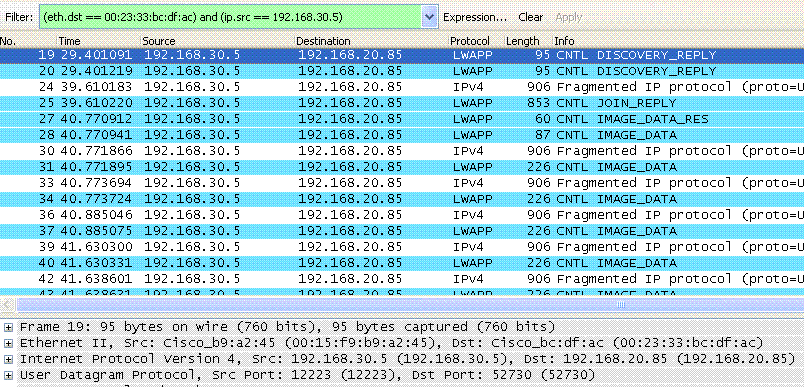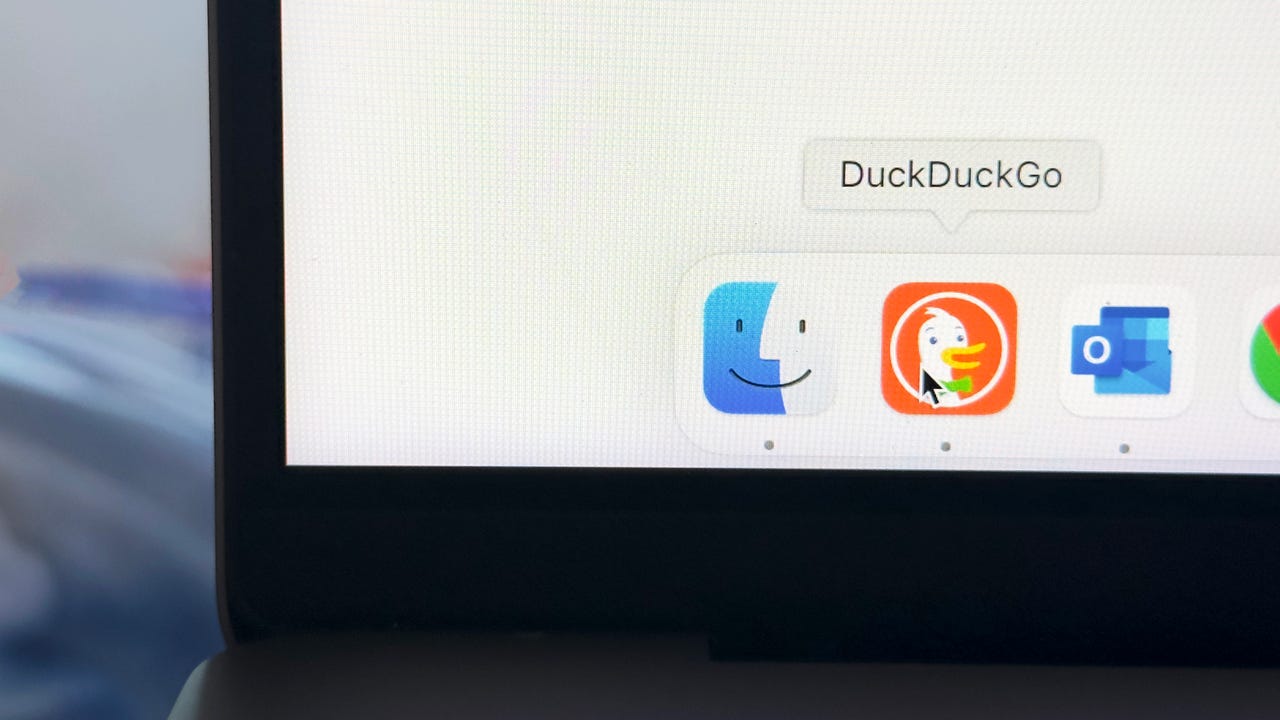
































Privacy-conscious users have yet another reason to ditch Chrome.
DuckDuckGo users now can sync their browser bookmarks and passwords securely across multiple devices -all without an account. In the new Sync & Backup feature, data is encrypted locally on the user's device, with end-to-end encryption applied to the sync process.
If you're wondering how DuckDuckGo is doing this without requiring users to log into an account, the answer isn't exactly simple, but it requires zero hassle on the user's end.
Also: 5 reasons why I use Firefox when I need the most secure web browser
Users can sync their DuckDuckGo data across devices during an initial setup process by scanning a QR code with their smartphone's camera or entering an alphanumeric code on their computer. This essentially creates a network of synced devices. After this initial setup, the devices in the network can sync DuckDuckGo data automatically.
The data is first encrypted on the user's device, with a decryption key generated on the device. Only devices that the user has authorized can generate this key. The encryption key is shared in the DuckDuckGo user's synced device network without DuckDuckGo ever seeing the key or the user's data.
A recovery PDF with a unique Recovery Code is available to help users access their synced data in case their devices are lost or damaged. This PDF is created when you set up your list of synced devices and is the only way for users to access their data from a new phone or computer.
Also: 5 ways Arc browser makes browsing the web fun again
This kind of privacy-centric syncing could push many mainstream browser users to switch to DuckDuckGo. This is especially true for privacy-conscious users who prefer not to have their accounts linked to their browsers. The Sync & Backup feature is supported in Windows, Mac, Android, and iOS.
DuckDuckGo already offers a secure browsing experience by default, and it continues to offer tracking-free ads, automatic handling of cookies, and other privacy features.
 Tags chauds:
technologie
Tags chauds:
technologie